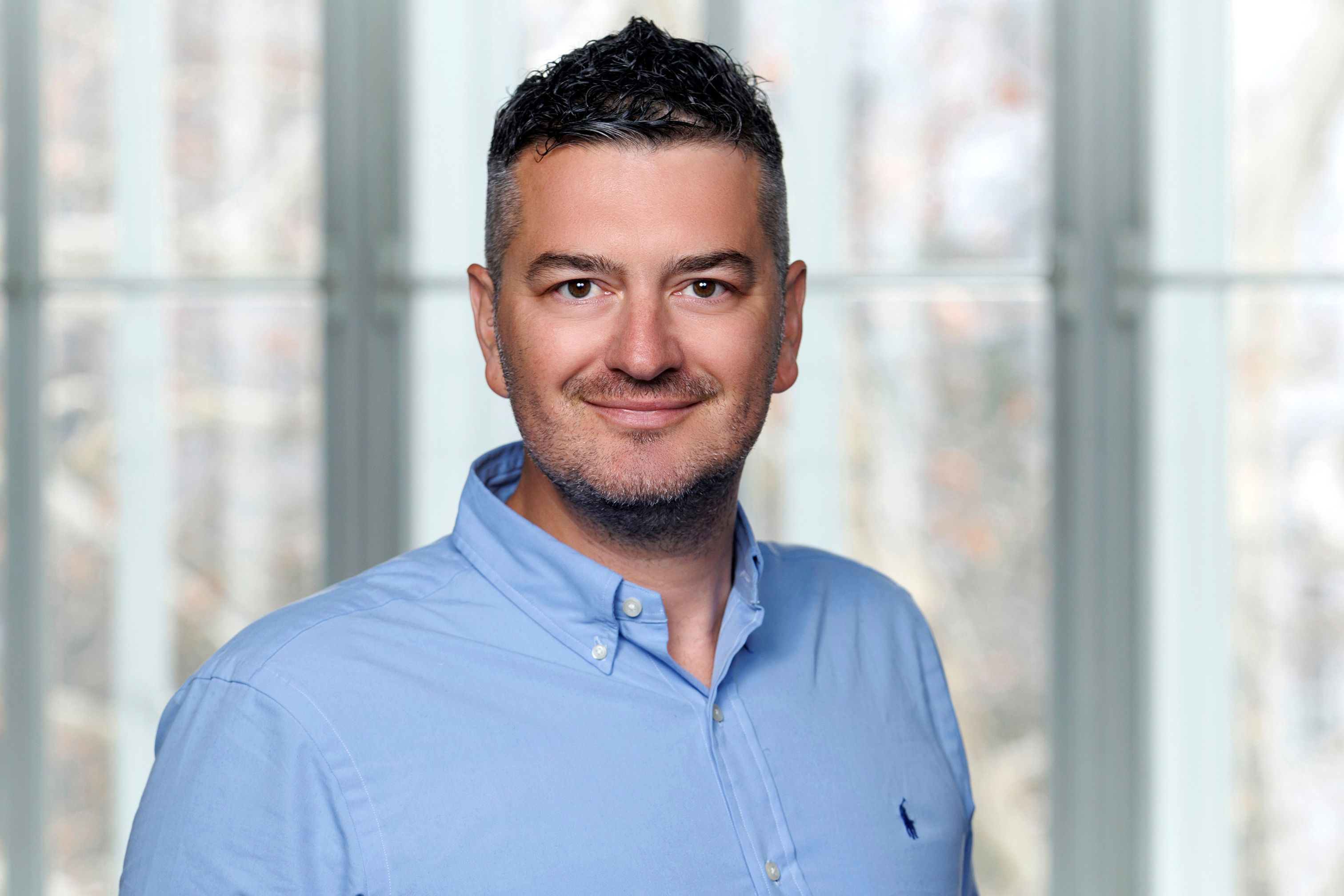
(Vienna, 17 April 2025) Stanisa Raspopovic, Professor of Biomedical Engineering at MedUni Vienna, is launching two research projects with the support of the European Research Council (ERC). These will be financially supported with prestigious grants – an ERC Consolidator Grant and a Proof-of-Concept Grant.
(ERC CoG) DiabetManager: Bioelectronic medical treatment through implantable vagus nerve stimulation
Diabetes is a global health problem that causes long-term damage due to inadequate blood glucose regulation. Existing therapies are often ineffective, have many side effects and depend on patient co-operation. There is therefore a need for automated, adaptive glucose regulation. Initial studies show that electrical stimulation of the vagus nerve (VN) can influence glucose metabolism, but the underlying mechanisms are largely unknown. This harbours risks and makes targeted application difficult.
Raspopovic wants to close these gaps and develop the first personalised VNS neuroprosthesis for glucose regulation in diabetes. The aim is to define selective stimulation guidelines that specifically activate or block nerves without causing side effects. To this end, he uses AI-supported models and simulation-based interface design. Optimised stimulation protocols are to be developed and validated in animal and human studies. The DiabetManager project provides fundamental insights into VNS-based metabolic control and enables a novel, adaptive treatment of diabetes.
(ERC PoC) NEURO-SOCK
NEURO-SOCK is a non-invasive, fully wearable device designed to elicit sensations in patients with sensory loss due to conditions such as amputation, diabetes or multiple sclerosis. The device uses wearable sensors to capture information from interaction with the environment and converts it into electrical impulses that are delivered to nerves embedded in a soft, robotic stimulation garment. An AI-based algorithm optimises the stimulation parameters to address the nerves and restore the patient's natural sensation in real time. The device has already been validated in 12 neuropathy patients, resulting in a restoration of lost sensations in the feet. . This project aims to investigate the health benefits of NEURO-SOCK, with the potential to improve skin conditions, lower cardiovascular stress and ultimately reduce the harmful conditions that lead to a sedentary lifestyle, heart failure, amputations and increased mortality rates. Therefore, the funding will be used to optimise the NEURO-SOCK design and investigate the long-term rehabilitative effects on people with neuropathy, for which there is currently no immediate solution.
Renowned research grants
The European Research Council (ERC), established by the European Union in 2007, is the most important European funding organisation for excellent frontier research. The ERC offers four main funding programmes: Starting Grants, Consolidator Grants, Advanced Grants and Synergy Grants. The total ERC budget from 2021 to 2027 is over 16 billion euros under the Horizon Europe programme.
ERC Consolidator Grants are awarded to outstanding researchers of any nationality and age with seven to twelve years of postdoctoral experience and a promising scientific track record.
The Proof-of-Concept Grants are additional funding within the framework of Horizon Europe. The grants are intended to be used to explore the commercial or societal potential of their frontier research projects. The Proof of Concept (PoC) grant competition is open exclusively to ERC grantees.
About the person
Stanisa Raspopovic studied Biomedical Engineering at the University of Pisa and completed his PhD studies at the Scuola Superiore Sant'Anna (SSSA), also in Pisa. He then worked as a Senior Scientist at the Ecole Polytechnique Federale de Lausanne (Switzerland) and as CTO at SensArs Neuroprosthetics, St. Suplice, Switzerland. Since 2018 he was Assistant Professor at the Swiss Federal Institute of Technology at ETH Zurich. In July 2024, he took over the professorship for Biomedical Engineering (§98) at MedUni Vienna.